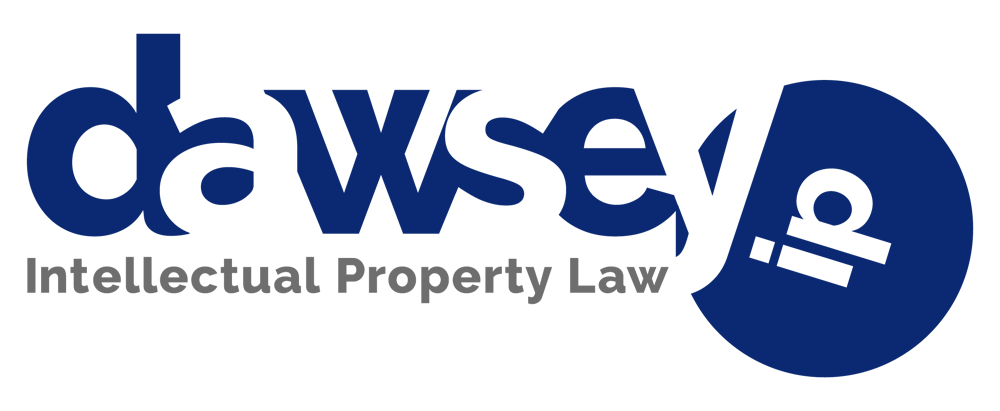
“Naked” Trademark Licensing
© 2003, Dawsey Co., LPA
March 2003
The underlying purpose behind trademark law is to prevent confusion in the consumer as to the source of goods or services, and, as a result, to aid consumers in getting the level of quality in goods and services that they have come to expect from a provider. Without consistency in quality, consumers would tend to be misled, not aided, by reliance on trademarks.
An important case illustrating the real world consequences of this doctrine was decided recently in the 9th Circuit Court of Appeals: Barcamerica International v. Tyfield. The dispute was over which party had the right to the trademark “Leonardo da Vinci” for wines. Barcamerica federally registered its trademark in 1984, and Tyfield pursued its first federal registration in 1996. Issues as to actual number of sales and use in commerce were complex, and portended a difficult weighing of evidence. But Tyfield cut through with a direct and aggressive legal strategy – charging that Barcamerica had lost, irrespective of use in commerce, the right to the trademark by engaging in “naked licensing,” by failing to insure that licensees maintained quality of the product.
Testimony showed that Barcamerica had exclusively licensed the use of the “Leonardo da Vinci” trademark to a third party, Renaissance Vineyards. The agreement contained no quality control mechanism and was to continue in effect in perpetuity. The agreement made Renaissance solely responsible for any claims for negligence, breach of warranty, or products liability in the sale of the wine. All Barcamerica could muster was its belief that Renaissance made “good wine.”
The appeals court agreed with the trial court that this was not enough, even assuming that it might be correct. The court held that whether Renaissance wines were objectively good or not was “simply irrelevant.” The key factor was that Barcamerica had played no meaningful role in holding the wine to a standard of quality. Perhaps surprisingly, even an effort to insure that bad wine was being made might have been better for the plaintiff. The court reasoned that the public had a right to a consistent expectation, high, middle, or low, and that “customers are entitled to assume that the nature and quality of goods and services sold under the mark … will be consistent and predictable.” The court quoted a licensing treatise that “naked licensing, without any control over the quality of the goods … is inherently deceptive and constitutes abandonment…”
Barcamerica might have had a good argument on their use in commerce, but lost on the initial examination of abandonment; a warning on the dangers of naked licensing.
